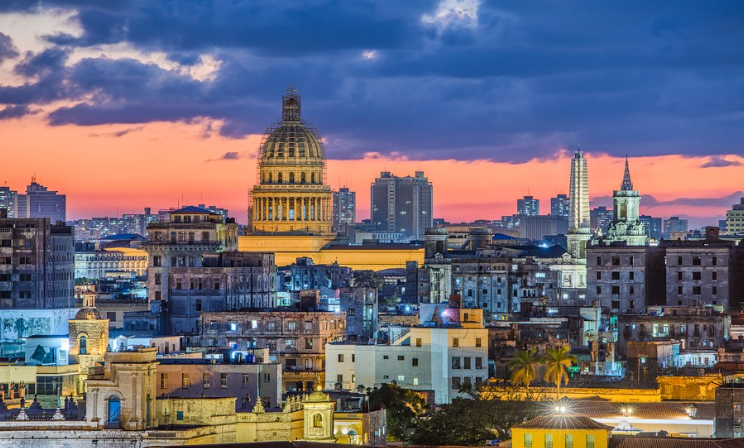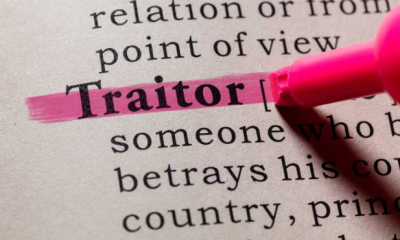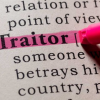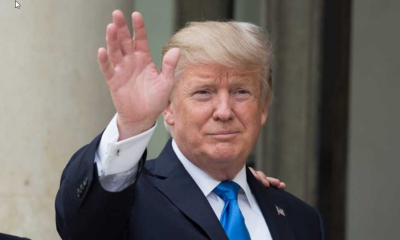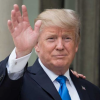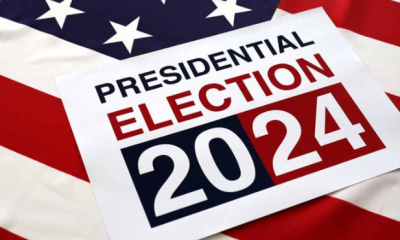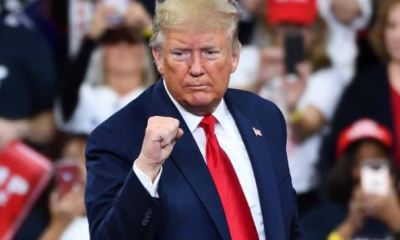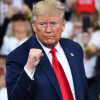For more than six decades, the United States has maintained a substantial trade embargo against Cuba, resulting in a significant economic impact estimated at around $130 billion over the years.
In a recent vote, the United Nations (UN) expressed disapproval of the ongoing punitive measures taken by the US against its Caribbean neighbor, stemming from the actions of President Fidel Castro in the 1960s. The global body has urged the United States to permanently lift the injunction.
On Thursday, November 2, the United Nations conducted its vote. Out of 193 members, 187 expressed their support for Cuba, continuing a trend of the council’s majority favoring the cessation of these enduring sanctions.
The United States and Israel opposed the measure, while Ukraine, Moldova, Somalia, and Venezuela refrained from taking a stance. It’s important to note that General Assembly resolutions lack legal authority and primarily serve as a formal means to gauge global sentiment on significant matters.
According to the Washington Office on Latin America, a significant number of European and Latin American trade partners of Cuba lifted their embargoes within a decade after cutting ties with the island nation. Even though there have been peaceful relations for many years, the United States has continued to uphold brutal actions.
According to the Associated Press, Cuban Foreign Minister Bruno Rodriguez has characterized this action as rigorous, coercive, and, ultimately, a deed with potential genocidal repercussions. He asserts that the United States is working to undermine its neighboring nation to a degree where it could result in the ousting of the communist government.
Council on Foreign Relations said, diplomatic relations between the United States and Cuba have been tumultuous ever since Castro initiated trade agreements with the Soviet Union in 1960. Concurrently, he substantially increased tariffs on imports from the United States and expropriated all foreign assets within the nation.
Trade came to a halt in 1962, and Cuba has been striving to reestablish these connections ever since. There was a glimpse of optimism for favorable developments in 2016 following Castro’s passing. However, during his presidency in 2017, Donald Trump reinstated all the former curtailment.
